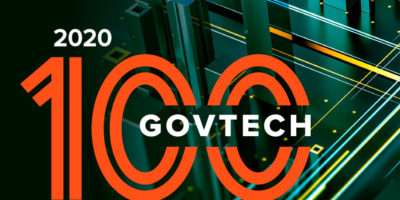Monetization Strategies: Navigating the Digital Landscape
In a rapidly evolving digital world, monetization strategies have emerged as critical tools for businesses and individuals seeking to generate revenue. Whether you’re a content creator, an entrepreneur, or a digital marketer, understanding the nuances of monetization can significantly impact your bottom line. Let’s delve into some of the most effective monetization strategies in play today.
1.
Subscription Models
Subscription-based models have gained immense popularity across various industries. From streaming services like Netflix and Spotify to SaaS platforms like Adobe and Microsoft, subscriptions offer a recurring revenue stream.
This strategy provides businesses with predictable income and affords customers continuous access to services or content for a recurring fee. The key to success here lies in offering compelling value that keeps subscribers engaged and reduces churn rates.
2.
Freemium Models
The freemium model is particularly prevalent in the app industry. By allowing users to access basic features for free while charging for advanced functionalities, businesses can attract a large user base. This strategy hinges on the upsell, where free users are eventually converted to paying customers. The challenge is finding the right balance between free and premium features to entice users to upgrade without feeling forced.
3. Advertising
Advertising remains a staple in digital monetization, with Google and Facebook being prime examples of companies that have mastered this strategy. Through targeted ads, businesses can reach specific demographics, increasing the likelihood of engagement and conversion. For content creators, platforms like YouTube and blogs can leverage advertising networks to generate revenue by displaying ads to their audience.
4. Affiliate Marketing
Affiliate marketing is a performance-based strategy where businesses reward affiliates for driving traffic or sales through their promotional efforts.
This approach is particularly popular among bloggers and social media influencers who can leverage their audience to promote products or services. Success in affiliate marketing depends on selecting the right partners and products that resonate with your audience.
5. eCommerce and Direct Sales
For those with products to sell, eCommerce platforms offer a direct route to monetization. Whether through massive marketplaces like Amazon or self-hosted websites, eCommerce eliminates intermediaries, allowing businesses to capture the full value of sales. The rise of dropshipping and print-on-demand services has lowered the barrier to entry, enabling even small entrepreneurs to tap into this lucrative strategy.
6. Digital Products and Services
Selling digital products such as eBooks, online courses, or software can be highly profitable due to low overhead costs.
This strategy allows creators to leverage their expertise, providing valuable content or tools to a global audience. With platforms like Udemy, Teachable, and Gumroad, creators can easily market and distribute their digital offerings.
In today’s digital age, monetization strategies are diverse and dynamic, providing numerous avenues for individuals and businesses to generate income. The choice of strategy should align with your business model, audience, and long-term goals. Success lies in understanding the needs of your audience, continuously innovating your offerings, and staying abreast of digital trends. As you navigate the monetization landscape, remember that flexibility and adaptability are your greatest allies.





